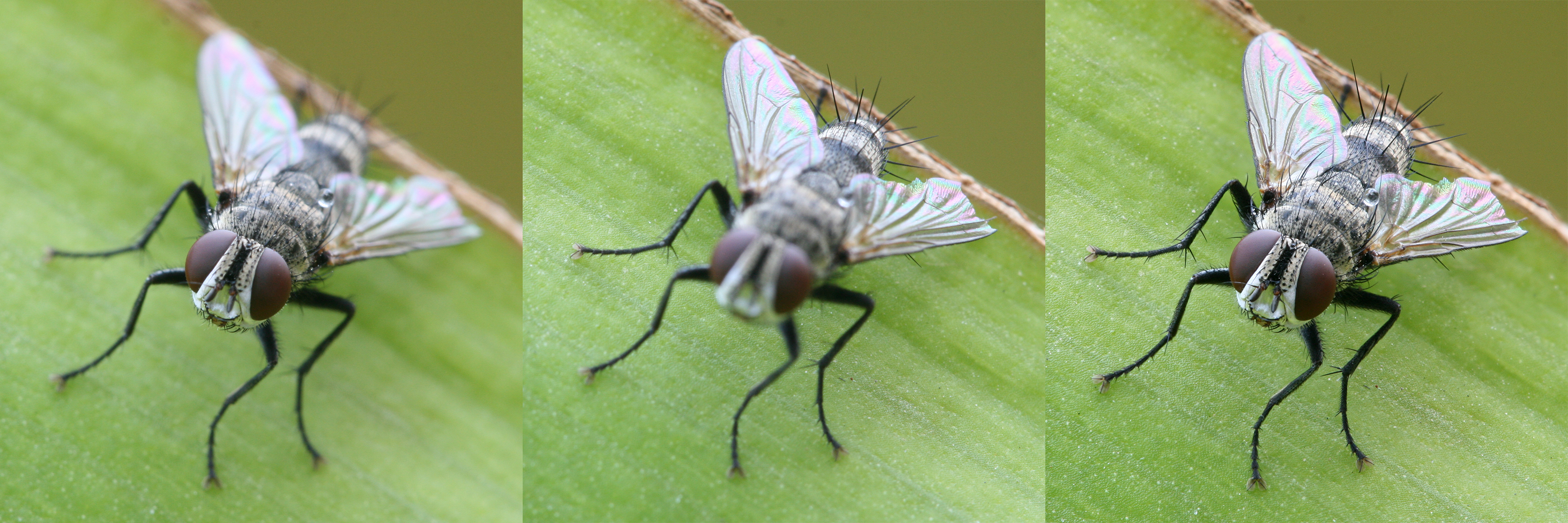|
MAHLI
Mars Hand Lens Imager (MAHLI) is one of seventeen cameras on the Curiosity rover, ''Curiosity'' rover on the Mars Science Laboratory mission. Overview The instrument is mounted on the rover's robotic arm. It is primarily used to acquire microscopic images of rock and soil, but it can also be used for other images. MAHLI can take true-color images at 1600×1200 pixels with a resolution as high as 14.5 Micrometre, micrometers per pixel. MAHLI has an 18.3 mm to 21.3 mm focal length and a 33.8- to 38.5-degree field of view. MAHLI has both white and ultraviolet LED illumination for imaging in darkness or fluorescence imaging. MAHLI also has mechanical focusing in a range from infinite to millimetre distances. This system can make some images with focus stacking processing. MAHLI can store either the raw images or do real-time lossless predictive or JPEG compression. Thcalibration target [...More Info...] [...Related Items...] OR: [Wikipedia] [Google] [Baidu] |
Curiosity Rover
''Curiosity'' is a car-sized Mars rover Space exploration, exploring Gale (crater), Gale crater and Mount Sharp on Mars as part of NASA's Mars Science Laboratory (MSL) mission. ''Curiosity'' was launched from Cape Canaveral Space Force Station, Cape Canaveral (CCAFS) on November 26, 2011, at 15:02:00 Coordinated Universal Time, UTC and landed on Aeolis Palus inside Gale crater on Mars on August 6, 2012, 05:17:57 UTC. The Bradbury Landing site was less than from the center of the rover's touchdown target after a journey. Mission #Goals and objectives, goals include an investigation of the Martian climate of Mars, climate and geology of Mars, geology, an assessment of whether the selected field site inside Gale has ever offered environmental science, environmental conditions favorable for Life on Mars, microbial life (including investigation of the Water on Mars, role of water), and planetary habitability studies in preparation for Human mission to Mars, human exploration. In ... [...More Info...] [...Related Items...] OR: [Wikipedia] [Google] [Baidu] |
Mars Science Laboratory
Mars Science Laboratory (MSL) is a robotic spacecraft, robotic space probe mission to Mars launched by NASA on November 26, 2011, which successfully landed ''Curiosity (rover), Curiosity'', a Mars rover, in Gale (crater), Gale Crater on August 6, 2012. The overall objectives include investigating Mars' Planetary habitability, habitability, studying its Climate of Mars, climate and Planetary geology, geology, and collecting data for a human mission to Mars. The rover carries a variety of scientific instruments designed by an international team. Overview MSL carried out the most accurate Martian landing of any spacecraft at the time, hitting a target landing ellipse of , in the Aeolis Palus region of Gale Crater. MSL landed east and north of the center of the target. This location is near the mountain Aeolis Mons (a.k.a. "Mount Sharp"). The Mars Science Laboratory mission is part of NASA's Mars Exploration Program, a long-term effort for the robotic exploration of Mars tha ... [...More Info...] [...Related Items...] OR: [Wikipedia] [Google] [Baidu] |
Focus Stacking
Focus stackingalso called focal plane merging, z-stacking, focus bracketing or focus blendingis a digital image processing technique which combines multiple images taken at different Focus (optics), focus distances to give a resulting image with a greater depth of field (DOF) than any of the individual source images. Focus stacking can be used in any situation where individual images have a very shallow depth of field; macro photography and optical microscope, optical microscopy are two typical examples. Focus stacking can also be useful in landscape photography. Focus stacking offers flexibility: since it is a computational technique, images with several different depths of field can be generated in post-processing and compared for best artistic merit or scientific clarity. Focus stacking also allows generation of images physically impossible with normal imaging equipment; images with nonplanar focus regions can be generated. Alternative techniques for generating images with inc ... [...More Info...] [...Related Items...] OR: [Wikipedia] [Google] [Baidu] |
Lincoln Cent
The Lincoln cent (sometimes called the Lincoln penny) is a one-cent coin that has been struck by the United States Mint every year since 1909. The obverse and reverse, obverse, or heads, side was designed by Victor David Brenner, as was the original reverse, depicting two stalks of wheat (thus "wheat pennies", struck 1909–1958). The coin has seen several reverse, or tails, designs and now bears one by Lyndall Bass depicting a Union shield. All coins struck by the United States government with a value of of a dollar are called cents because the United States has always minted coins using decimals. The penny nickname is a carryover from the coins struck in England, which went to decimals for coins in 1971. In 1905, sculptor Augustus Saint-Gaudens was hired by the Mint to redesign the cent and the four gold coins, which did not require congressional approval. Two of Saint-Gaudens's proposed designs for the cent were eventually adapted for the gold pieces, but Saint-Gaudens died in ... [...More Info...] [...Related Items...] OR: [Wikipedia] [Google] [Baidu] |
Space Robot Selfie
A space selfie is a selfie (self-portrait photograph typically posted on social media sites) that is taken in outer space. This include selfies taken by astronauts (also known as astronaut selfies), machines (also known as space robot selfies and rover selfies) and by indirect methods. Astronauts The first known space selfie (during an EVA - an earlier shot inside the capsule was taken on Gemini 10 by Michael Collins (astronaut), Michael Collins) was taken by Buzz Aldrin during the Gemini 12 mission. The extra-vehicular activity (EVA) equipment used by astronauts during spacewalks contains a specially designed camera for photography in outer space. The main purpose of the EVA camera is to take pictures of the subjects related to the missions. There have been many space selfies, some of which use the visor of another astronaut's helmet as the mirror. Early space selfies after the word "selfie" was first used in 2002 without assistance from another astronaut included Donald Pett ... [...More Info...] [...Related Items...] OR: [Wikipedia] [Google] [Baidu] |
NASA
The National Aeronautics and Space Administration (NASA ) is an independent agencies of the United States government, independent agency of the federal government of the United States, US federal government responsible for the United States's civil list of government space agencies, space program, aeronautics research and outer space, space research. National Aeronautics and Space Act, Established in 1958, it succeeded the National Advisory Committee for Aeronautics (NACA) to give the American space development effort a distinct civilian orientation, emphasizing peaceful applications in space science. It has since led most of America's space exploration programs, including Project Mercury, Project Gemini, the 1968–1972 Apollo program missions, the Skylab space station, and the Space Shuttle. Currently, NASA supports the International Space Station (ISS) along with the Commercial Crew Program and oversees the development of the Orion (spacecraft), Orion spacecraft and the Sp ... [...More Info...] [...Related Items...] OR: [Wikipedia] [Google] [Baidu] |
First Colored Image From Curiosity
First most commonly refers to: * First, the ordinal form of the number 1 First or 1st may also refer to: Acronyms * Faint Images of the Radio Sky at Twenty-Centimeters, an astronomical survey carried out by the Very Large Array * Far Infrared and Sub-millimetre Telescope, of the Herschel Space Observatory * For Inspiration and Recognition of Science and Technology, an international youth organization * Forum of Incident Response and Security Teams, a global forum Arts and entertainment Albums * ''1st'' (album), by Streets, 1983 * ''1ST'' (SixTones album), 2021 * ''First'' (David Gates album), 1973 * ''First'', by Denise Ho, 2001 * ''First'' (O'Bryan album), 2007 * ''First'' (Raymond Lam album), 2011 Extended plays * ''1st'', by The Rasmus, 1995 * ''First'' (Baroness EP), 2004 * ''First'' (Ferlyn G EP), 2015 Songs * "First" (Lindsay Lohan song), 2005 * "First" (Cold War Kids song), 2014 * "First", by Lauren Daigle from the album '' How Can It Be'', 2015 * "First", ... [...More Info...] [...Related Items...] OR: [Wikipedia] [Google] [Baidu] |
Pixel
In digital imaging, a pixel (abbreviated px), pel, or picture element is the smallest addressable element in a Raster graphics, raster image, or the smallest addressable element in a dot matrix display device. In most digital display devices, pixels are the smallest element that can be manipulated through software. Each pixel is a Sampling (signal processing), sample of an original image; more samples typically provide more accurate representations of the original. The Intensity (physics), intensity of each pixel is variable. In color imaging systems, a color is typically represented by three or four component intensities such as RGB color model, red, green, and blue, or CMYK color model, cyan, magenta, yellow, and black. In some contexts (such as descriptions of camera sensors), ''pixel'' refers to a single scalar element of a multi-component representation (called a ''photosite'' in the camera sensor context, although ''wikt:sensel, sensel'' is sometimes used), while in yet ... [...More Info...] [...Related Items...] OR: [Wikipedia] [Google] [Baidu] |
Micrometre
The micrometre (English in the Commonwealth of Nations, Commonwealth English as used by the International Bureau of Weights and Measures; SI symbol: μm) or micrometer (American English), also commonly known by the non-SI term micron, is a unit of length in the International System of Units (SI) equalling (SI standard prefix "micro-" = ); that is, one millionth of a metre (or one thousandth of a millimetre, , or about ). The nearest smaller common SI Unit, SI unit is the nanometre, equivalent to one thousandth of a micrometre, one millionth of a millimetre or one billionth of a metre (). The micrometre is a common unit of measurement for wavelengths of infrared radiation as well as sizes of biological cell (biology), cells and bacteria, and for grading wool by the diameter of the fibres. The width of a single human hair ranges from approximately 20 to . Examples Between 1 μm and 10 μm: * 1–10 μm – length of a typical bacterium * 3–8 μm – width of str ... [...More Info...] [...Related Items...] OR: [Wikipedia] [Google] [Baidu] |
Fluorescence
Fluorescence is one of two kinds of photoluminescence, the emission of light by a substance that has absorbed light or other electromagnetic radiation. When exposed to ultraviolet radiation, many substances will glow (fluoresce) with colored visible light. The color of the light emitted depends on the chemical composition of the substance. Fluorescent materials generally cease to glow nearly immediately when the radiation source stops. This distinguishes them from the other type of light emission, phosphorescence. Phosphorescent materials continue to emit light for some time after the radiation stops. This difference in duration is a result of quantum spin effects. Fluorescence occurs when a photon from incoming radiation is absorbed by a molecule, exciting it to a higher energy level, followed by the emission of light as the molecule returns to a lower energy state. The emitted light may have a longer wavelength and, therefore, a lower photon energy than the absorbed radi ... [...More Info...] [...Related Items...] OR: [Wikipedia] [Google] [Baidu] |







